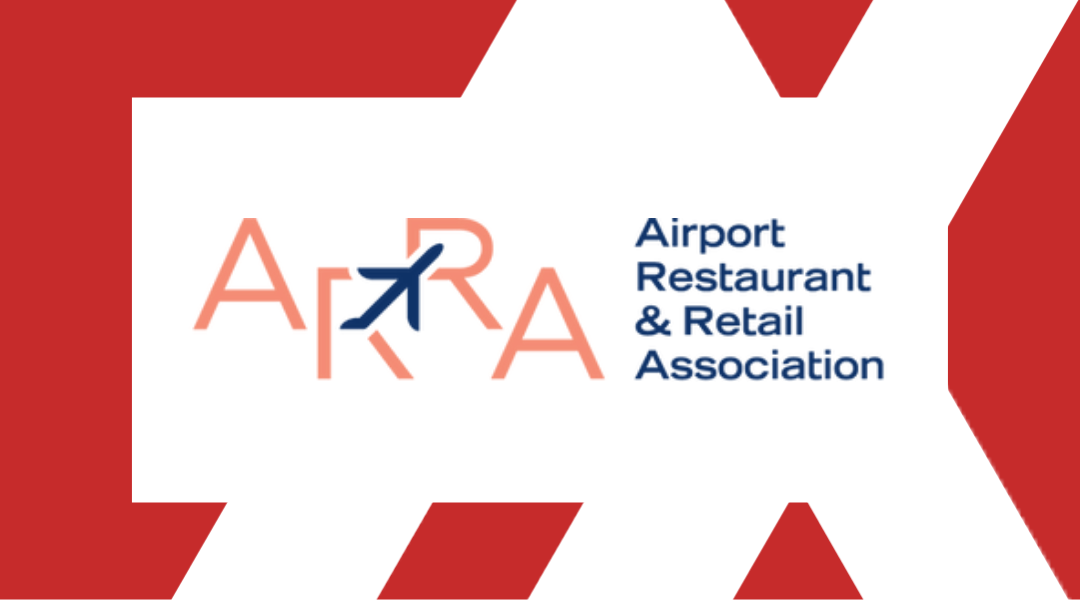The dearth of business travelers that began with the onset of COVID-19 and which persists still, despite the widespread availability of a vaccine and the significant increase in recent months of leisure travel, has many in the aviation world worried. An executive from the U.S. Travel Association (USTA), however, believes business travel will bounce back.
Erik Hansen, vice president of government relations for the USTA, spoke on the weekly Airport Restaurant and Retail Association (ARRA) call about his organization’s predictions for the future and his perspective on the federal government’s response to calls for help.
Hansen led off by noting that very few of the issues caused by the onset of the pandemic are new. As others have observed in the face of squabbles over MAG, contract disputes and pleas to the government for financial relief, these are all issues faced pre-COVID, though to a lesser extent.
“Some of the challenges were that the infrastructure security programs, facilitation programs that are required to facilitate the growing level of travel really weren’t modernizing as fast, growing as fast, improving as fast as the market could probably have sustained,” he said. He cited necessary highway development and the then-impending Real I.D. requirement that would have impacted a significant percentage of travelers as examples of the industry growing without being able to keep up on the infrastructure side.
International travel, too, was getting ready to feel the squeeze. “We were starting to get to the point where if we didn’t solve visa issues in Brazil, India, China – if we didn’t get countries like Brazil into the visa waiver program – we were going to see significant constraints on international travel to the United States,” Hansen said. “Those were good problems to have, in hindsight, but many of them were dictating where we could grow.”
In discussing the hit business travel has taken and the anxiety of surviving off leisure travel alone, Hansen said he believes that there is reason to be optimistic.
“I know there are a lot of questions about whether or not business travel will come back in full, if at all. Frankly, I think those are discussion we’ve been having since the advent of video conferencing, and at every turn business travel has always come back,” he said. “There’s no substitute for face-to-face meetings.” In any given year, Hansen said, business travel, meetings, conferences and large events in general create 40 to 60 percent of hotel and airline revenue.
That said, the optimism should be tempered with patience. “If the federal government does nothing and the industry continues on the track that it’s currently on, for business travel, meetings conferences and events, our economists forecast the recovery could be up to three years.”
A little nudge from the government, however, could be all that’s needed to jumpstart that timeline and perhaps even shorten it, Hansen added.
“The one thing that can be done to help accelerate that return would be tax incentives to get people back on the road,” he said. “Tax incentives to host meetings, events, conferences and large gatherings.”
He added, “Once we start to get [passenger] volume back up… then you see tax revenue collected, which is invested in infrastructure, which can help grow travel.”
Hansen said he feels that one of the best things the government could do for airports is to increase the cap on the passenger facilities charge, or PFC, which generates funds for a which an airport is meant to draw its funds for infrastructure improvements and has been set at the same rate per passenger for the last two decades.
“It has been stuck at $4.50 for 20 years, it can’t be stuck there forever,” he said. “There’s got to be a long-term solution for airport infrastructure funding.” Hansen suggested and lauded grants which offer funds on a per passenger basis as a strong step toward airports being able to create funds for improvement.
“That additional revenue and opportunity for investment is going to be significant in ensuring we get our airports up to global standards,” he said.






